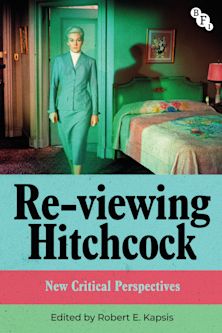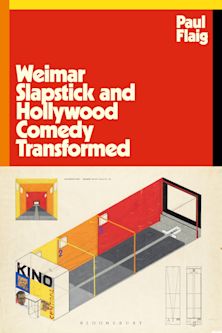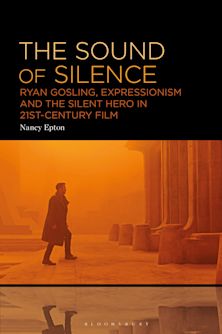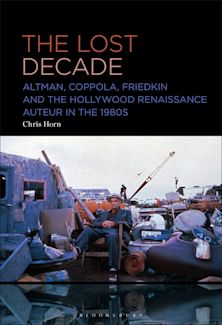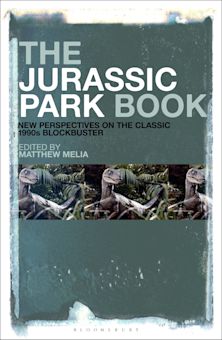- Home
- ACADEMIC
- Film & Media
- Hollywood Cinema
- Screening Politics
This product is usually dispatched within 3 days
- Delivery and returns info
-
Free US delivery on orders $35 or over
You must sign in to add this item to your wishlist. Please sign in or create an account
Description
This reference guide provides detailed discussions of over fifty movies about American politics and politicians. In his introduction, author Harry Keyishian describes how the political genre has evolved over the past seventy years. Then, in his discussions of individual films, arranged in alphabetical order, Keyishian shows how the patterns in the genre have played out over the decades. Concepts covered in the entries include the portrayal of redeeming politicians in the films of the 1930s, such as Mr. Smith Goes to Washington (1939) and the corrupting quality of politics found in post-World War II films such as All the King's Men (1949). Film historians, scholars and critics will find this to be an invaluable resource, which will enhance the experience for the informed film viewer.
Product details
| Published | Sep 14 2006 |
|---|---|
| Format | Paperback |
| Edition | 1st |
| Extent | 224 |
| ISBN | 9780810858824 |
| Imprint | Scarecrow Press |
| Dimensions | 9 x 5 inches |
| Publisher | Bloomsbury Publishing |
About the contributors
Reviews
-
Keyishian (English, Fairleigh Dickinson U.) describes and analyzes more than 50 films dealing with politicians and the political process in the U.S. He provides an overview of the development of the genre in the introduction, while the main part of the volume consists of alphabetically arranged entries discussing individual films. This is the first paperback edition of a work previously published in 2003.
Reference and Research Book News
-
This book is an eclectic anthology about fifty-eight feature films released over a neat seven-decade period....interesting...
The Journal of Popular Culture
-
Harry Keyishian discusses how films help to shape our understanding of the American political process. He shows how the populist films of the Depression era, with their endorsement of the progressive ideals of Roosevelt's New Deal, gave way to a generally more ambiguous view of politics and politicians after World War II. . . Keyishian points out that despite the cynicism of the post-Watergate era, or perhaps precisely because of it, the reedemer hero of the 1930s has returned.
Film Quarterly














